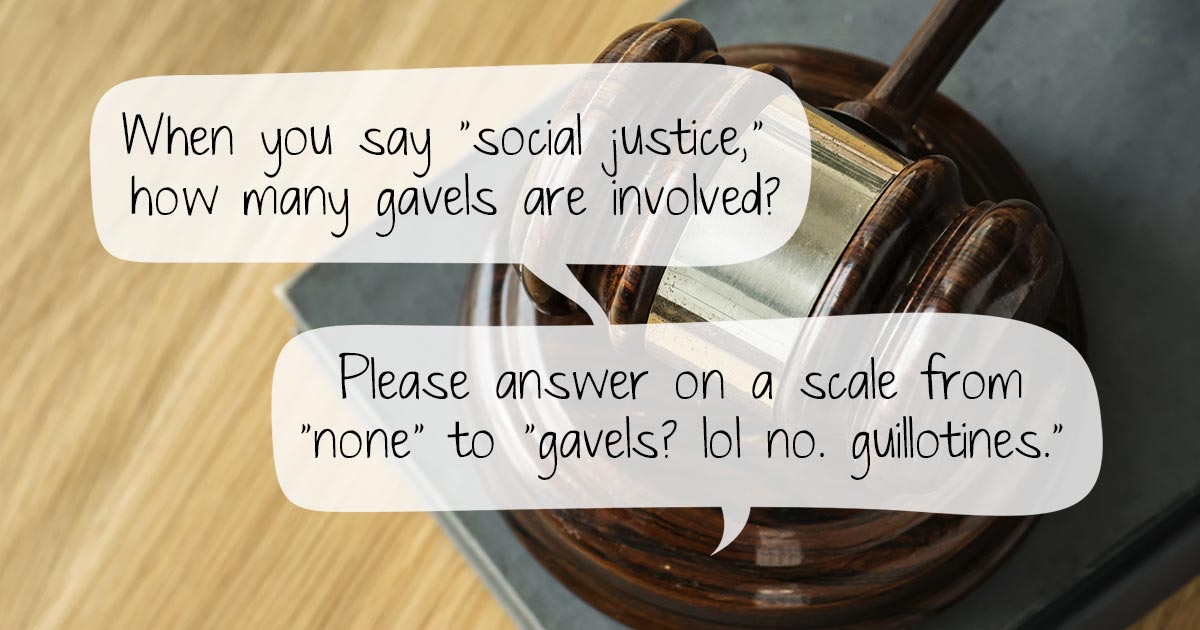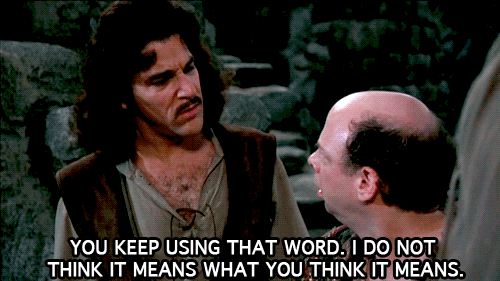I had lunch with a friend this week, and our conversation hit a peculiar roadblock: A lot of people are saying the same words — “social justice” — but meaning different things. This is a problem.
When you say “social justice,” what kind of justice are you talking about?
Maybe you’re talking about retributive social justice. You might think of this as the eye-for-an-eye, just desserts form of social justice.
Or perhaps you mean something more like restorative social justice, where the wronged and wrong-doers come together in conversation to establish a remedial path forward.
In both cases, you’d be viewing justice through a punitive lens. Maybe that’s not your lens.
You might be talking about legal social justice, with the goal of equal representation and recognition under the law.
Or distributive social justice, where the aim is for everyone to have an equal share of societal resources. The focus here being on outcome. Alternatively, you could care more about process.
That would be procedural social justice, reworking society so everyone has a fair chance at those resources.
Now, these distinctions matter. I’m not just nit-picking. Because the “What” inevitably leads to corresponding “How”s.
For example, if you mean retributive social justice, the “How” might be:
- Punishing people who were/are privileged or socially advantaged; and
- Rewarding people who were/are oppressed or socially marginalized.
The distinctions also matter on the other side of the conversation. Someone might be arguing against something you’re not arguing for.
If you’re just here for the argument, but don’t care about the outcome, I’d call that rhetorical social justice.
Or maybe you’re not thinking about arguments, outcomes, “How”s, or any of the above — you’re just saying what you’ve been told to say: dogmatic social justice.
In any case, it’s obvious we need to start saying what we mean, and being clear about not just what we’re reacting against, but what we’re standing for.



